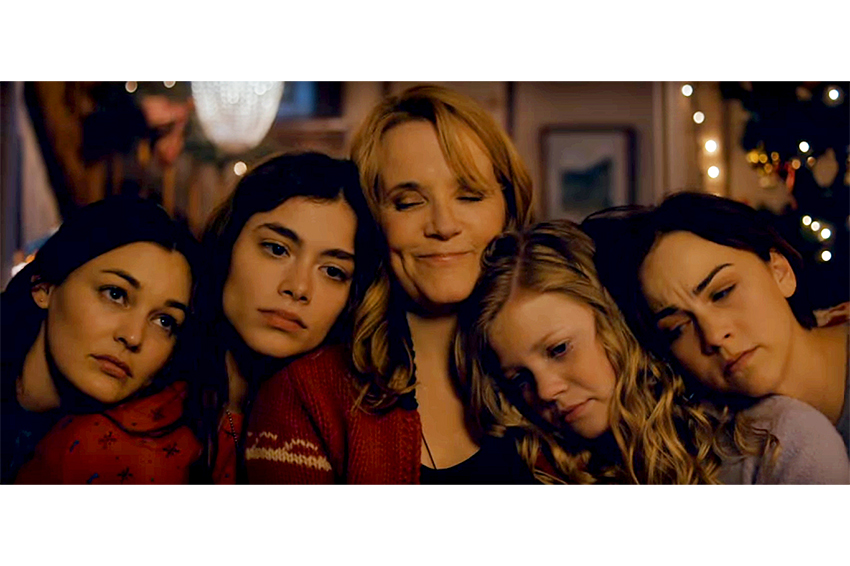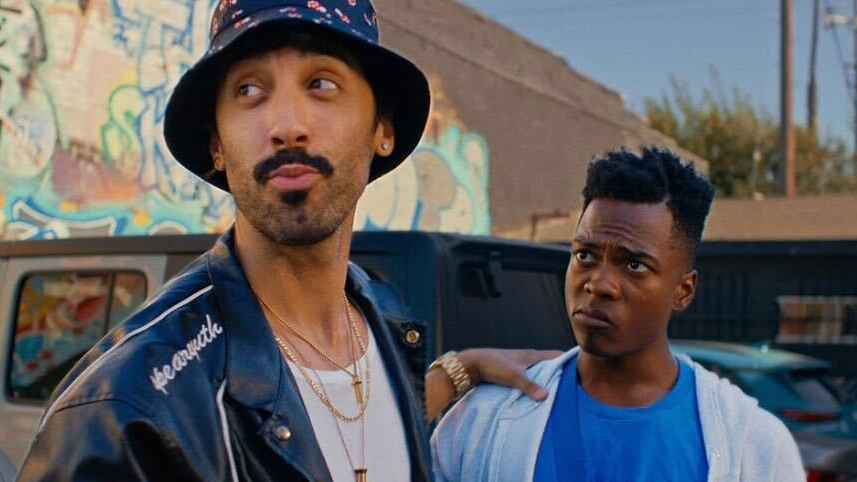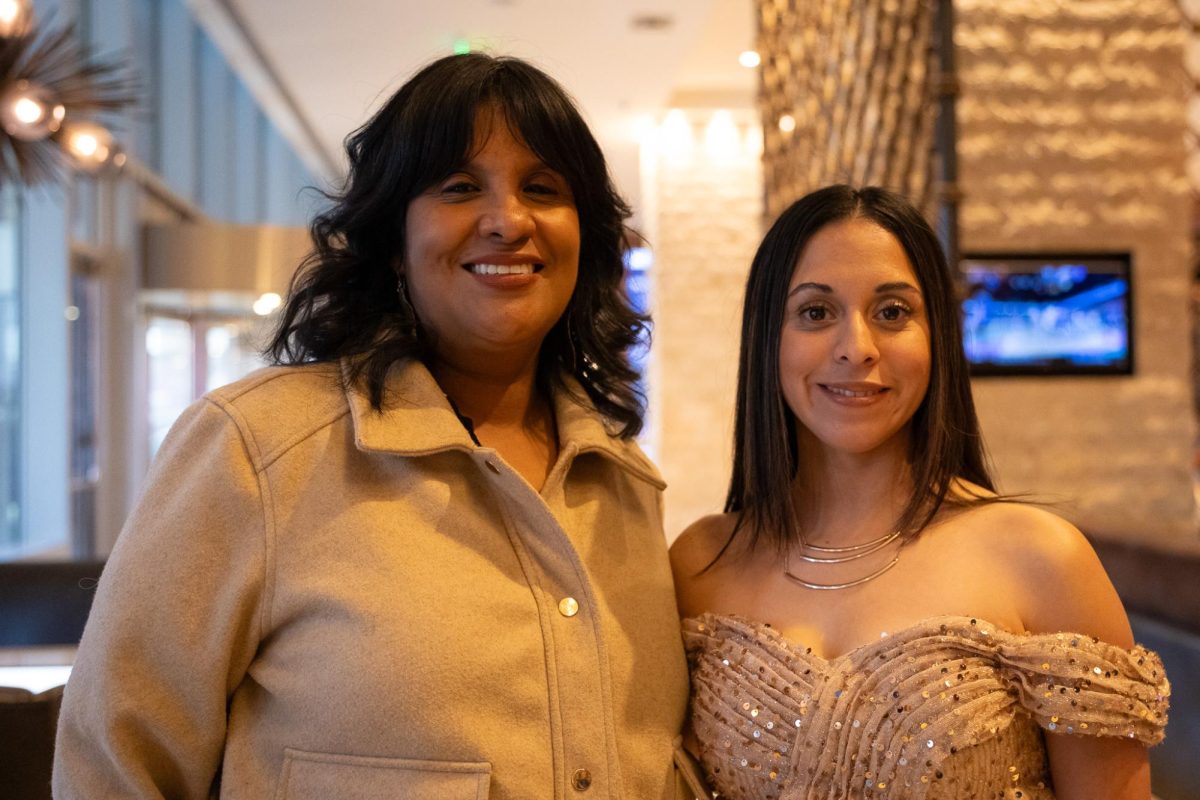From a BBC miniseries to nitty-gritty reality show “Little Women LA,” Louisa May Alcott’s 1869 novel “Little Women” has sparked a wide array of adaptations over the last century.
The latest of these is 2018 movie “Little Women,” directed by Clare Niederpruem. The movie takes Alcott’s classic 19th century characters and sets them loose in modern-day America. With a cast comprised of unknown actors, except perhaps Lucas Grabeel from “High School Musical,” and an awkward melodramatic script, this newest adaptation is a flop.
Baz Luhrmann’s awkward modern adaptations of “Little Women” makes the March sisters come off as naive and poorly adjusted outcasts.
The tight-knit bond between the sisters, so compelling in the novel and the 1994 film adaptation starring Susan Sarandon and Winona Ryder, comes off as pathetic in the most recent on-screen rendition. The sisters spend their time locked away in the attic together, for a time spying on their neighbor for entertainment. In a modern context where the girls could be on club soccer teams or even in Girl Scouts, they appear bizarrely sheltered.
In the film version of a New Year’s party, which in the novel is a respectable social outing, Meg and Jo are placed at a underage drinking rager, complete with red solo cups and mini skirts. The placement of the March sisters in such a scene is so tactlessly done that it’s almost comical. With no changes made to the 19th century values of Jo and Meg in the novel, the two are hopelessly out of place. While the idea of the March sisters as being above the ways of the world is conveyed, it doesn’t come off as classy as it does in the novel, but rather as poorly socialized.
Character development lacks greatly in the film but is particularly egregious in Josephine March, whose role is absolutely butchered.
Jo March, whom readers came to know as the loveable go-getter with a stubborn streak in Alcott’s novel, comes across as an oblivious egomaniac with anger issues. Her valiant sacrifice in cutting and selling her hair to raise money for her father in the novel is pathetically reduced to a means to pay for a candy machine she broke in a fit of rage in the film. Jo parades around bullying her sisters and shoving her fantasy novel down the throats of publishers, seemingly unaware they view her as a joke. The film makes Jo an aggressive, fantasy-nerd tomboy, with whom no viewers would want to be friends. Alcott’s Jo, who is playful, intelligent, stubborn and resourceful, is reduced to a sideshow parody of herself.
Then there’s Lucas Grabeel.
You may know him better as Ryan, Sharpay’s minion from “High School Musical,” but if you were a fan, don’t worry. He hasn’t strayed far from those roots. His role as Theodore “Laurie” Laurence in “Little Women” features him doing all your favorite Ryan things, from dramatic jam sessions to wearing a fedora. Alcott’s dashing and intelligent Laurie is all but unrecognizable as the film allows the actor’s mainstays to overshadow the character.
Ultimately this movie was an unnecessary attempt to revamp a classic. The approach taken to modernize Alcott’s tale of growth and family fell flat and comes off as awkward. Catch 2018’s “Little Women” on the Hallmark channel at 2 a.m. this holiday season, but definitely not at The Oscars.





















